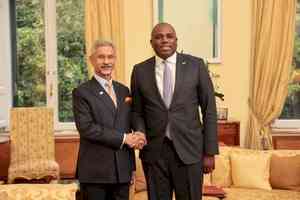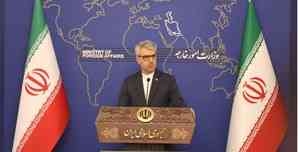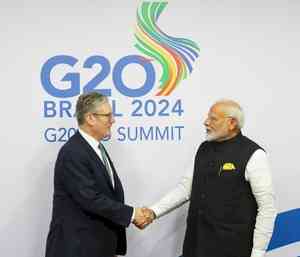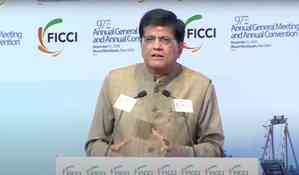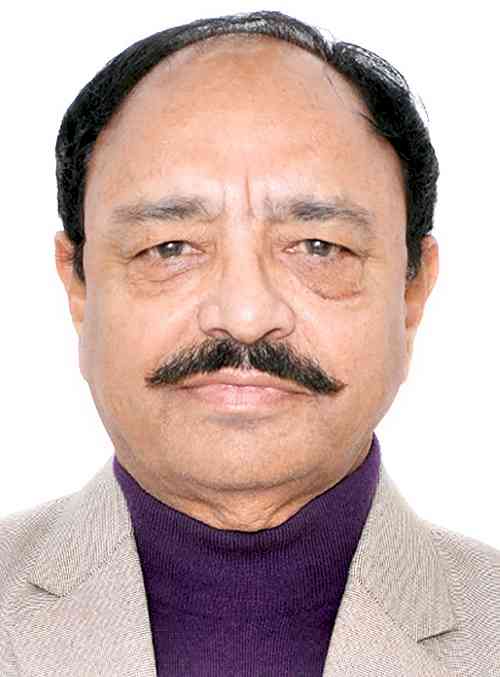Two no-trust motions filed in Pak's Punjab Assembly in a day
Pakistan's Punjab Assembly made history by receiving two no-trust motions in a single day on Wednesday, one against Speaker Chaudhry Pervez Elahi by the joint Opposition and the other against Deputy Speaker Sardar Dost Muhammad Mazari by the Pakistan Tehreek-e-Insaaf (PTI), Express Tribune reported.

Lahore, April 6 (IANS) Pakistan's Punjab Assembly made history by receiving two no-trust motions in a single day on Wednesday, one against Speaker Chaudhry Pervez Elahi by the joint Opposition and the other against Deputy Speaker Sardar Dost Muhammad Mazari by the Pakistan Tehreek-e-Insaaf (PTI), Express Tribune reported.
Initially, the PTI had submitted a no-trust motion against Deputy Speaker Sardar Dost Muhammad Mazari for withdrawing the order postponing the Wednesday's PA session to April 16.
After submitting the no-trust motion, the Pakistan Muslim League-Quaid (PML-Q) claimed that the Deputy Speaker was no longer eligible to summon the House after the motion had been submitted against him.
The resolution against Mazari contained signatures of Pakistan Tehreek-e-Insaaf's provincial Assembly members and was submitted on the basis of distrust against him, the report said.
Deputy Speaker Mazari moved to the Supreme Court to take notice of the ongoing constitutional crisis in the province, and expressed concern over the lack of cooperation in the Assembly secretariat after he had summoned the House.
Talking to the media, Mazari said that his staff was also being harassed and pressurised, despite him having the powers of the Speaker as the current Speaker, Chaudhry Pervez Elahi, is now contesting for provincial Chief Minister's position.
"In accordance with law, I can conduct the House despite the no-trust motion that has been moved against me," Mazari said, adding that the election was for selecting a Chief Minister, not a Deputy Speaker.
He further said that the PA secretariat was unlawful in its act of not assembling the House and that people were aware of the perpetrators who did not want the session to be conducted.


 IANS
IANS 
